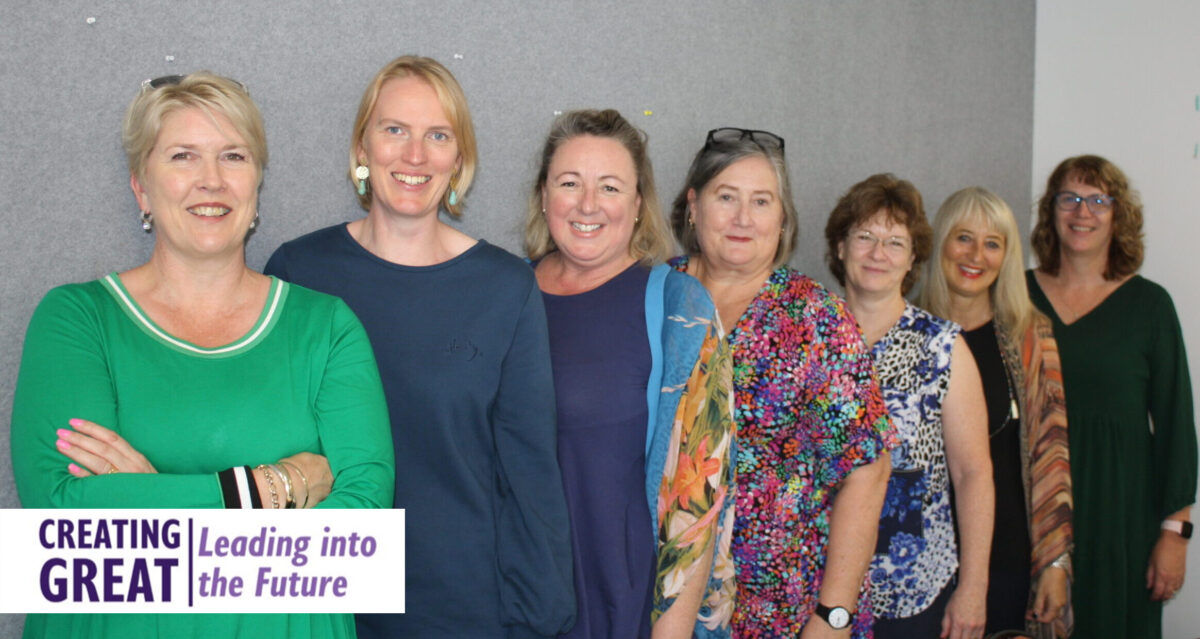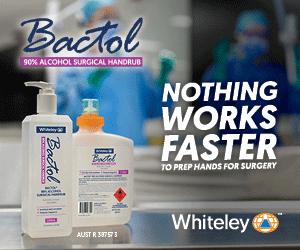If nurses only speak to their herd, they are only heard by their herd.
It was the first nursing leadership conference held since 2020, with two efforts in 2021 and 2022 being interrupted by COVID. Its success shows that despite advances in virtual technology, nothing beats face-to-face when it comes to networking, generating ideas and boosting morale. A true feeling of wairua was also imbued in our welcome from local kaumātua and kuia.

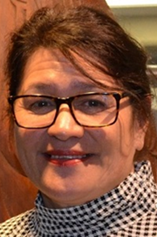
NZNO — Tōpūtanga Tapuhi Kaitiaki o Aotearoa chief executive Paul Goulter acknowledged senior nurses had been let down in the past with scant attention given to those in leadership and management roles. Senior nurses’ issues would be a key focus of NZNO in 2024, alongside defining and protecting the role of the nurse, pay equity for nurses across all sectors, and health and safety in the workplace, including safe nurse-to-patient ratios.
NZNO kaiwhakahaere Kerri Nuku also urged nurses to challenge the unravelling of Te Aka Whai Ora – the Māori Health Authority, and look after their own wellbeing.
Queensland’s chief nursing and midwifery officer, Shelley Nowlan, spoke passionately about some of the work her office has been doing over the past few years to improve health outcomes for communities as well as nurses’ wellbeing. In Queensland, nursing ratios for adult medical and surgical wards were established successfully in 2016.
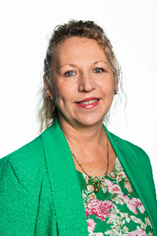
Nowlan said promoting the work of nurses to other health professionals, especially those in the medical profession, was of exceptional value. In her words: “If nurses only speak to their herd, they are only heard by their herd.”
An advocate for higher pay rates, Nowlan said they allowed nurses to work 0.8-0.9 full-time equivalent hours with financial comfort, which protected their health. Queensland also had several programmes to support nurses going to work in rural/remote areas as well as those transitioning from one area of specialty practice to another.
Identify conflict, to solve it
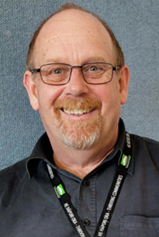
Te Whatu Ora Whanganui’s associate director of nursing, Maurice Chamberlain, talked about how nurse leaders can manage conflicts.
He outlined the four types of workplace conflict: intrapersonal, interpersonal, intragroup and intergroup. Being aware of which type of conflict you’re dealing with, helps leaders find the best strategy. He urged leaders to ask themselves: Am I confusing leadership and friendship? Do I suffer from conflict avoidance which delays decision making? Have I picked the right time, and do I know my facts? Do I know my boundaries? Do I help others if they don’t have the skills?
Massey University senior nursing lecturer Kerri-Ann Hughes shared some of her research into nurses experiencing menopausal symptoms in the workplace.
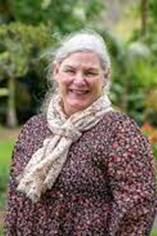
This challenged leaders to think about the different experiences their team members might be going through.
Whanganui prison nurse manager Bridgit Carver gave a rare insight into prison life, explaining the range of services which visited, including dental, alcohol and drug clinicians, psychiatric specialist nurses and GPs.
Many inmates had never sought health care before their incarceration and Carver’s team ethos is that they want to cause no more harm to these individuals than they have already experienced.
The prison team also invite whānau to be involved in health and wellbeing activities to try and make sure any changes last in the outside world.
Supporting hauora Māori
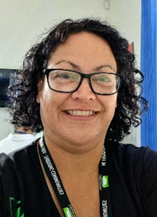
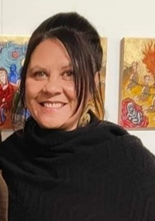
Te Whatu Ora Whanganui nurse and kaitakitaki (clinical manager) Rihi Ngapera Karena and clinical nurse manager public health Cynda Baker spoke about the importance of hauora Māori strategies to support Māori nurse leaders.
Both have been involved in strengthening the Māori health voice with a robust cultural awareness programme. They encouraged nurses to utilise both the national Māori leadership programme, Ngā Manankura o Āpōpō, and the local Whanganui support group for new Māori nurses, Te Uru Pounamu.
Not only would these strategies contribute significantly to a stronger kaimahi hauora Māori (Māori health workforce) but also to the health of the Whanganui community, they said.
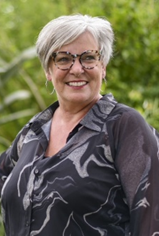
Nurse and aged residential care facility owner Anna Blackwell talked about the difference between hospital and aged care leadership roles — mainly managing budgets.
Nurses in aged care should be seen as an investment, not a cost.
In aged care, she said ensuring there was enough in the bank to pay staff wages was a key driving factor in decision-making.
A passionate advocate for pay parity for nurses in aged care, Blackwell said a workforce crisis would lead to an aged care crisis.
Nurses in aged care should be seen as an investment, not a cost, and were the reason behind the good health of residents in her aged care facility, she said.
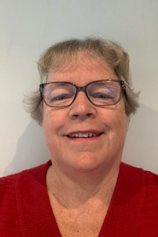
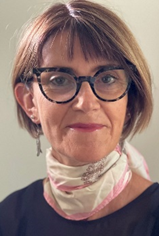
Registered nurses Gillian Allen and Leona Dunn, who both work in systems safety at Te Tahu Hauora — the Health, Quality and Safety Commission, gave an update on changes to its reporting, rating, investigating and reviewing of events.
Now, more emphasis is placed on learning than on blaming, with terminology changing to talk about harm rather than adverse events. Investigations are designed to involve consumer and whānau, acknowledge that reality is messy and focus on restorative approaches involving those who were harmed and their whānau.
Generational differences in teams

Our own nursing leadership section committee member and conference organiser Rosie Rosewarne spoke about the generational differences in health-care teams and the way they think, feel, communicate and act.
Each generation had strengths and areas where they needed support. While this can feel challenging to the nurse leader, who is likely a Gen X or boomer, a varied team with differing strengths can be very productive.
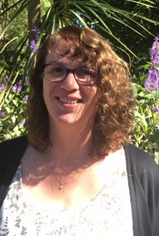
NZNO professional advisor Wendy Blair shared her research on nurses’ experiences recognising and responding to unsafe practice by their peers, how this was (or was not) addressed and the implications for nursing leaders.
A huge thanks to Rosie Rosewarne and her team of helpers for all their hard work which made this conference so successful.



